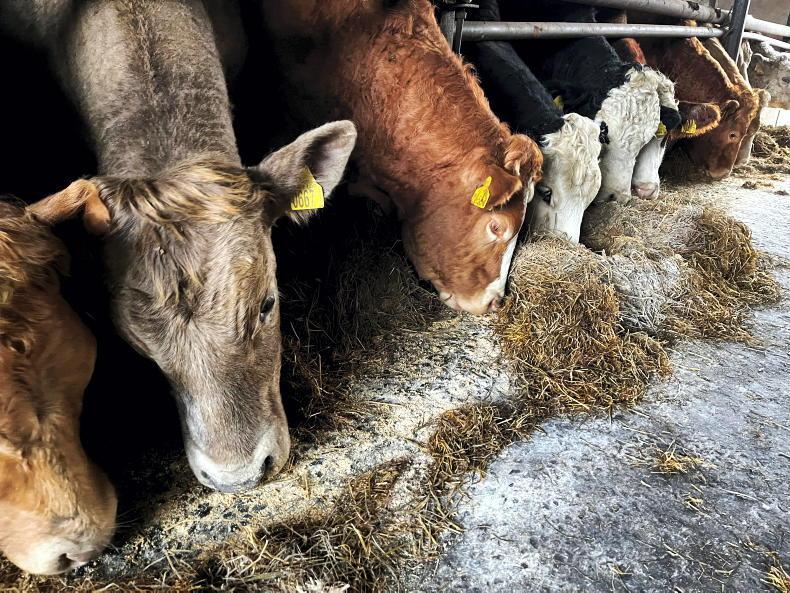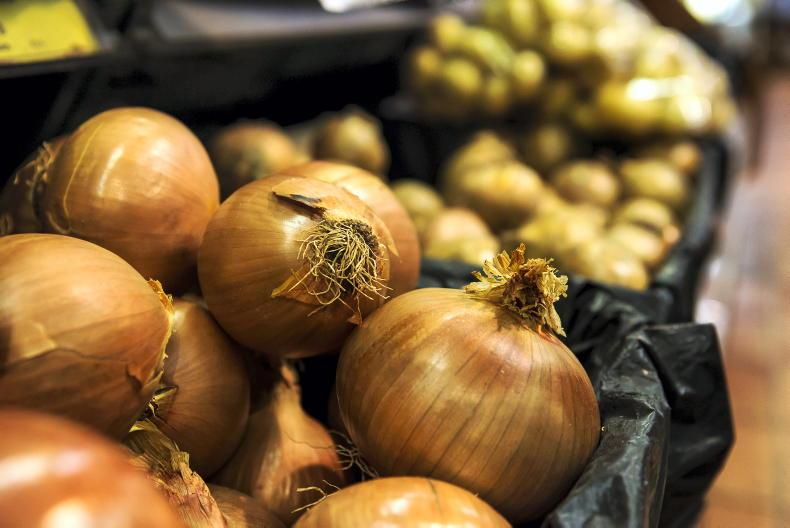As autumn makes its presence felt, the harsh reality of energy costs is sinking in. It doesn’t matter if you’re heating a house or a poultry unit, if you’re feeding a family or a shed of pigs or cattle, or if you’re filling a car or a tractor with fuel, we are living on the edge of unaffordability.
And that is why farmers protested outside retailers in Cavan for almost a week.
For pig and poultry farmers, it’s either fight for better prices or go out of business. And retailers have a choice, pay more or lose the guaranteed supply you have become used to and perhaps complacent about.
It is significant that there were bilateral talks between each of the three legs in the very short chain between eggs and consumers – the farmer, the packer and the retailer. In each case, all sides were aware of each other’s demands.
We need such talks across every leg of every food chain to become the norm. The price the consumer pays for their food must be shared out so that everybody is able to absorb much higher costs and stay in business.
The new CEO of the Office for Fairness and Transparency in the Agri-Food Supply Chain will have a lot of work piled up on their desk on their first day in office.
Minister McConalogue’s pledge at last Saturday’s Fianna Fáil Ard Fheis that this long-promised food regulator will be in situ before the end of the year is not a minute too soon. Some might say it’s over a decade late, but better late than never at this stage.
Winter of discontent
It’s too early to say if this is the beginning of a winter of discontent among all farmers. What we can say for sure is that vast numbers of farmers are asking hard questions right now.
Cattle
Cattle farmers need to decide how many cattle will be bought or sold over the next six weeks or so. How many will be fed on to fatten over the winter, and how many will be carried through until grass (or multispecies swards) is again plentiful. Right now, the sums aren’t adding up for winter finishing.
And grain farmers, who are only now being paid for their efforts this year, must plant their winter crops under the Hunter’s Moon. Again, the economics of planting aren’t encouraging if you compare forward prices for grain to current fertiliser prices. It could be said that was often the case, but it’s much easier to go broke when it’s €250/t for grain and €850/t for CAN as opposed to €140/t for grain and €280/t for CAN. The stakes have rarely been higher.








SHARING OPTIONS